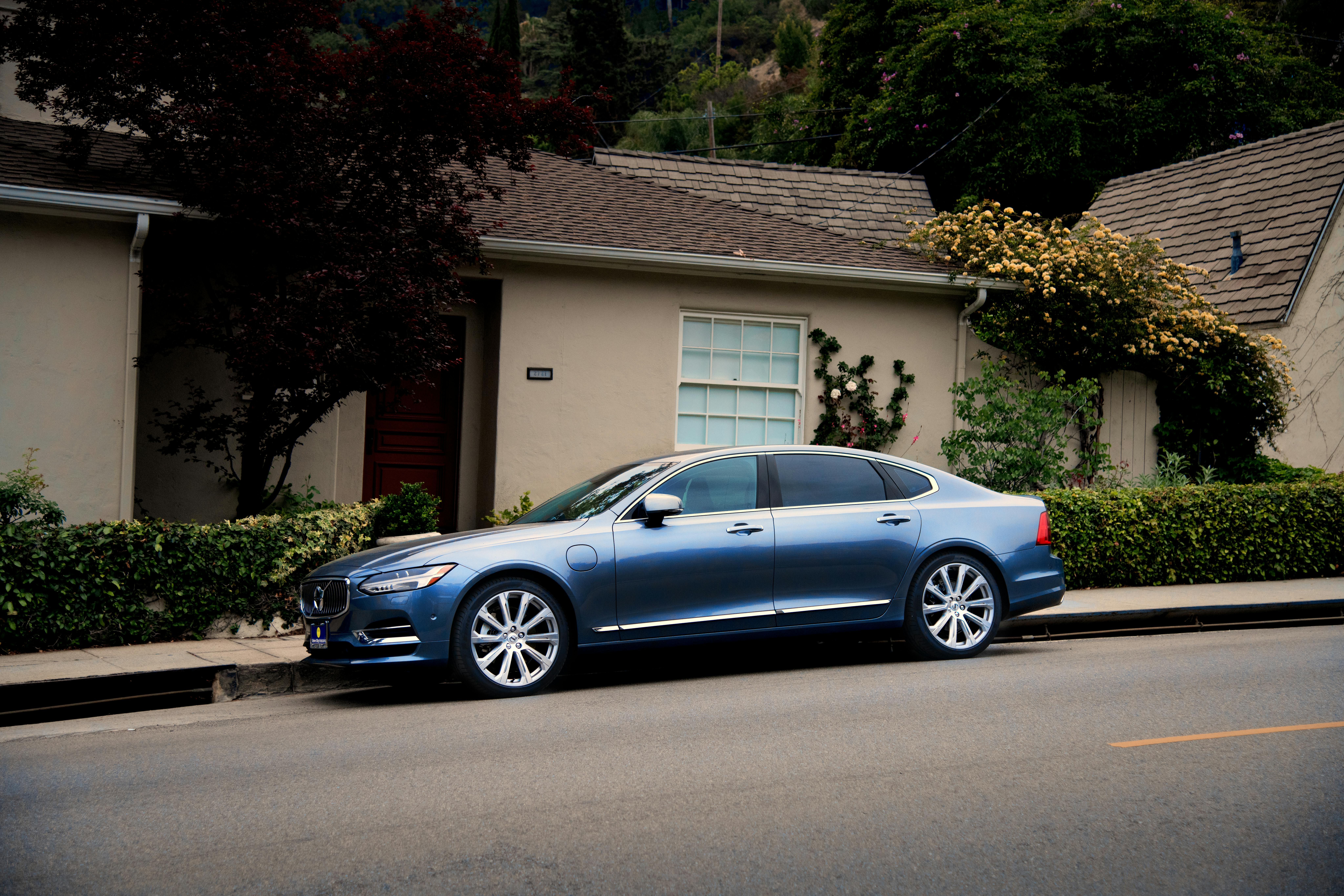
Understanding the Legalities and Practices of Keeping a SORN Car at Home or Driveway
There are several circumstances in which you might find face-to-face with the question of what to do with an unused car. Perhaps you're dealing with a classic car intended for restoration, or you have a car that's been off the road due to mechanical issues. The bottom line is: You have a vehicle that's not in use and taking up space on your property. In the UK, the rule of thumb is that if a car is not being driven, it should be registered as off the road. That's where the Statutory Off Road Notification (SORN) comes in. This article aims to equip you with insights on the distinct legalities, value, and practices of keeping a SORN car at your home or driveway.
The Essence of SORN: Demystifying the Concept
SORN, an acronym for Statutory Off Road Notification, is a formal declaration made to the Driver and Vehicle Licensing Agency (DVLA) that a vehicle is not being used on public roads and hence should not be taxed. This registration effectively exempts the car owner from paying road tax and maintaining vehicle insurance. However, it consequently means the car cannot be driven on public roads or any location considered 'publicly accessible' - this extends even to parking on the street in front of your house.
Keeping a SORN Car: Legal Requirements and Practical Tips
The legality of keeping a SORN car is crystal clear - you can keep your SORN car within the confines of your property, either in your garage, on your driveway, or elsewhere on your land. It's crucial to remember that the vehicle must stay off public roads. If the car owner disregards this rule and ventures onto public grounds with the car, hefty fines can ensue.
Consequently, here are some practical tips to consider: Ensure the car is parked in a suitable and secure place on your property. If you have a garage, it makes the most sense to park it there. However, if you're keeping it on your driveway, it's vital to keep the vehicle in good condition to maintain the aesthetic of your property and neighbourhood. Also, consider investing in a weatherproof cover for protection against harsh weather, which may degrade the car's exterior and interior.
Maintaining a SORN Car: The Mechanics and The Aesthetics
Although your SORN car is off the road and untaxed, it's essential not to allow it to slip into disrepair. Maintaining your car’s aesthetics and mechanical health is pivotal. A SORN status doesn't necessarily imply cobwebs should thrive under the hood or moss on the bodywork!
By keep the car clean and investing in routine maintenance checks, your contribution to preserving the visual aspect of your neighbourhood and the car's value when you decide to sell is immense. It's worth noting that mechanical maintenance also implies keeping your car in a state ready for a potential MOT, should you wish to return it to the road.
The Benefits of Keeping a SORN Car at Home or Driveway
Keeping a vehicle at home instead of using a paid storage facility saves money and often makes access easier. You also gain a potential freedom to work on the vehicle — perhaps restoring a classic car is a hobby of yours. Furthermore, having a SORN car at home avails you of the opportunity to avoid unnecessary costs such as road tax and insurance, offering significant monetary savings.
Conclusion
In conclusion, the legalities and practices associated with keeping a SORN car home or on a driveway have several facets to consider. Apart from adhering to DVLA's regulations, you need to factor the car's maintenance, the property's visual appeal, and costs involved. Despite these considerations, keeping a SORN car at your property can be a highly feasible and economical solution when handled properly. So next time your vehicle is off the road for an extended period, consider a SORN declaration - the process might be smoother than you think.